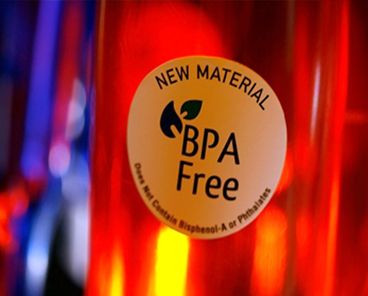BPA May Be Even Worse For You Than You Thought; Find Out Why

BPA, or Bisphenol A, the chemical found in many plastics to harden them, has been taken out of products across the consumer spectrum. From Nalgene bottles to Tupperware-like food containers, companies have taken the chemical out because of its associations with having the ability to disrupt the normal sex hormone levels in adults, children and animals. It has also been linked to cancer, immune disorders and behavioral abnormalities.
BPA was banned in baby bottles in July 2012 by the Food and Drug Administration.
Now, new findings show that this chemical is even more insidious that anyone had thought.
Researchers observed that expression of genes that are vital to nerve function were suppressed when rat, mouse or human cortical neurons, a type of nerve cell, were treated with the chemical.
"Our study found that BPA may impair the development of the central nervous system, and raises the question as to whether exposure could predispose animals and humans to neurodevelopmental disorders," said lead author Wolfgang Liedtke, M.D., PhD, associate professor of medicine/neurology and neurobiology at Duke.
Researchers found that BPA disrupts the ability of cells to regulate chloride levels inside of neuron cells in rodent and human cells in culture.
"Our findings improve our understanding of how environmental exposure to BPA can affect the regulation of the Kcc2 gene. However, we expect future studies to focus on what targets aside from Kcc2 are affected by BPA," Liedtke said. "This is a chapter in an ongoing story."
The article published in the Proceedings of the National Academy of Sciences can be found here.
Published by Medicaldaily.com



























